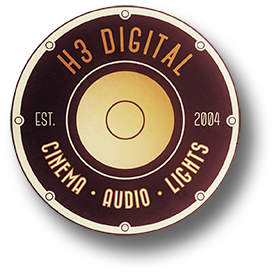Google Assistant coming to SONOS
It’s been a long while coming but now Sonos the multi room music system pioneers are ready to launch Google Assistant to (at first) the Sonos One and Sonos Beam smart speakers. Although it will roll out globally eventually at first the functionality will be limited to a US launch “with more markets to come over the next few months”
“This feature will truly elevate the customer experience and marks the first time that consumers will be able to buy a single smart speaker and get to choose which voice assistant they want to use. We think giving consumers choice is always the right decision, and we anticipate this philosophy will be adopted in the industry over time,” he said. Both the One and Sonos Beam ship out of the box with built-in support for Amazon’s Alexa.”
SONOS CEO Patrick Spence
Sonos have been promising to bring Google Assistant to its Sonos range of speakers since October 2017, making it happen has taken a while, originally 2018 was promised but that went by without the integration as Sonos Software engineers worked to enable the voice assistant integration. Alexa integration has been around for a while now in the Sonos infrastructure so it’s been a frustrating wait for those who’se smart homes are controlled via Google Home and Google Nest range of home technology products.
Sonos revealed the details of the Google integration In a letter to shareholders (Sonos went public with an IPO recently) on May 9, 2019 where they revealed they will launch teh update via a Sonos firmware update in the coming week,
Previously Patrick had said that the end game is for Google Assistant to allow you to control the entire Sonos ecosystem of speakers, sound bars, subwoofers and amplifiers - we will see how older products that lack microphones or perhaps even the raw physical computing power - for example the older ZP100 Sonos amplifier can keep up or not. Sonos has long said that although it was always it’s intention to make sure that older products (and indeed the entire Sonos line) is fully backwards and forwards compatible it also made mention of the fact that it might not be able to keep this up forever as the computing power and functionality of older units struggle with voice assistants and Apple Airplay requirements.


